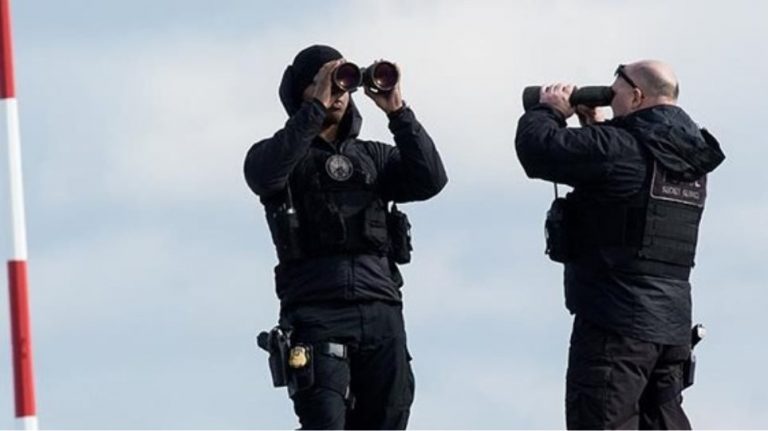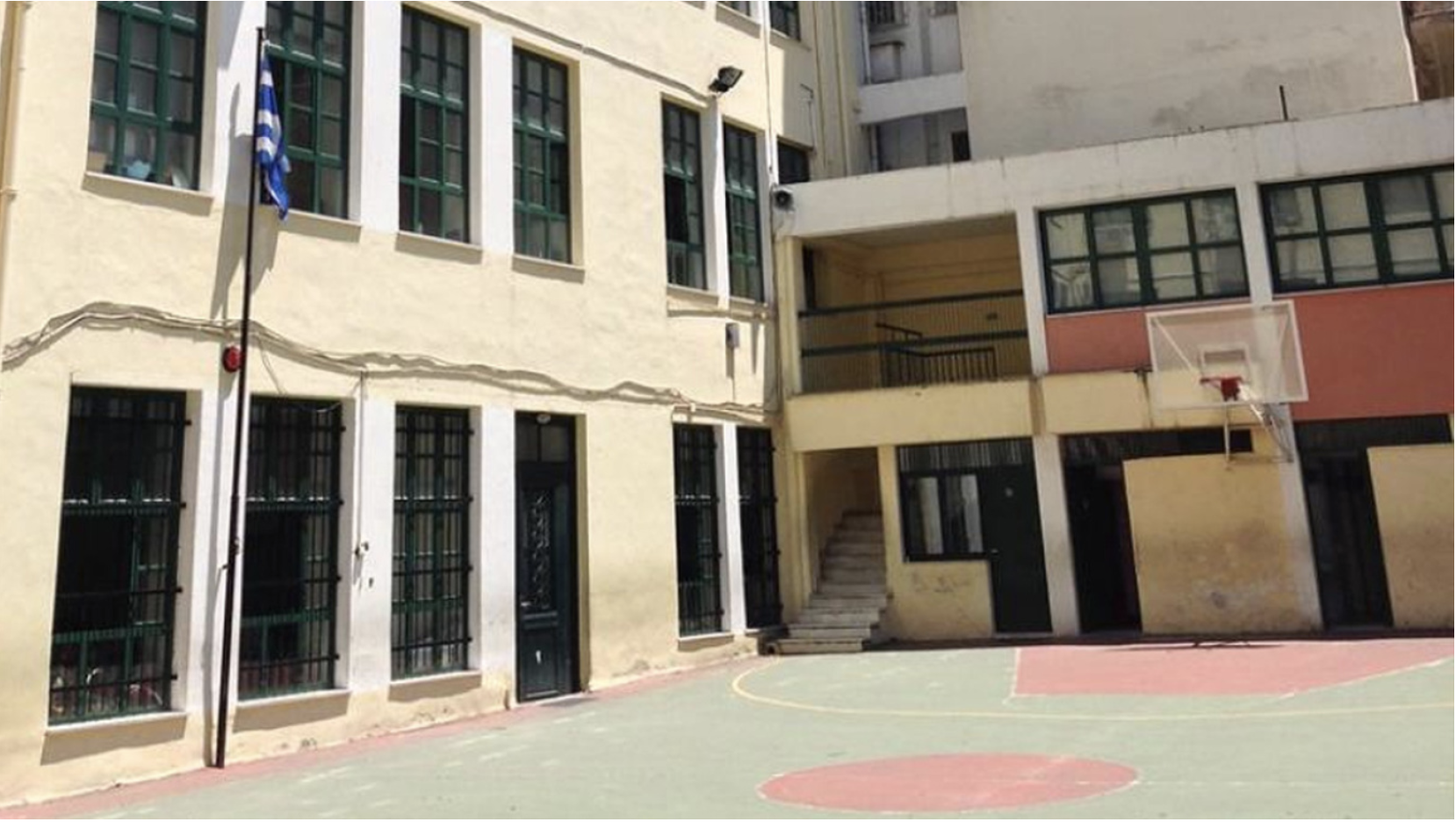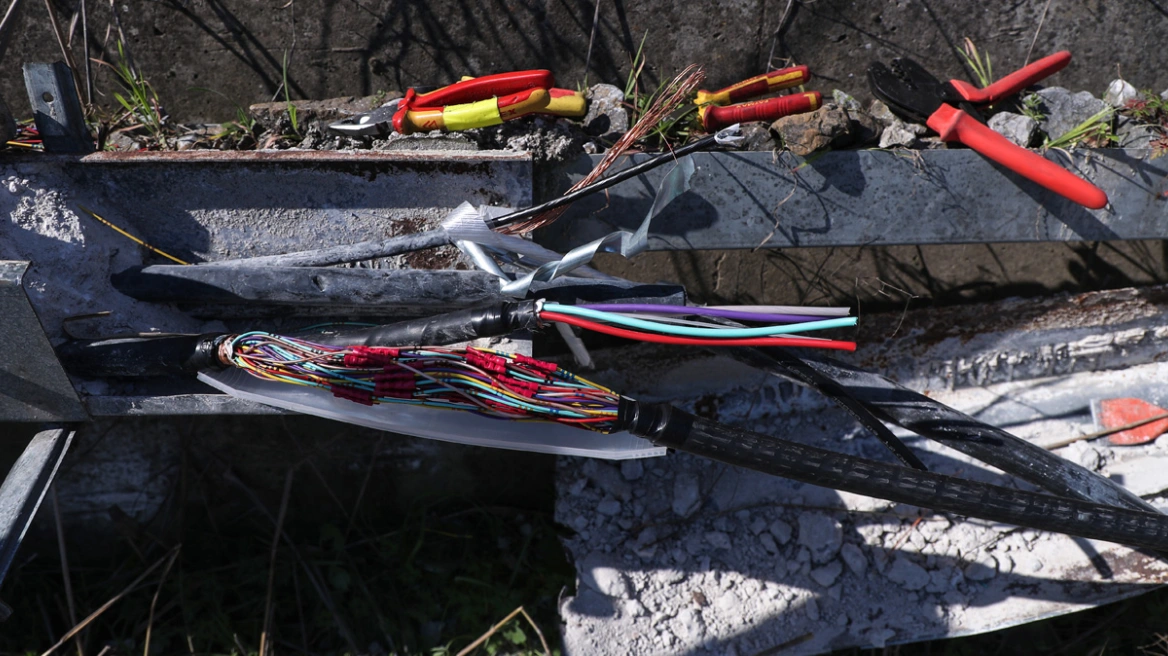Around half of the 14,000 people who crossed the Evros frontier into Greece from January through September of this year were Turkish citizens fleeing a crackdown by Turkish President Recep Tayyip Erdoğan, the Wall Street Journal wrote, citing figures from Greek police.
They are judges, military personnel, civil servants or business people who have fallen under Turkish authorities’ suspicion for their links to the Gülen movement, a religious movement which Ankara holds responsible for the July 2016 coup attempt, the article said. They have chosen an illegal route out of the country as they have had their passports cancelled.
‘’Nearly 4,000 Turks have applied for asylum in Greece so far this year. But most Turkish arrivals don’t register their presence in Greece, planning instead to head deeper into Europe and further from Turkey,’’ the WSJ noted, highlighting that the inflow has added to the strained relationship between Athens and Greece.
Territorial tensions and historical grievances between the NATO allies have now been further strained by the thousands Ankara and Turkish pro-government media have branded as terrorists and accused Greece of harbouring them, the WSJ noted.
“We didn’t say goodbye to anyone before leaving,” the WSJ quoted one such Turkish man now in Athens trying to find some way to get to Germany, as saying.
Mr. Cagar, his wife and child made it to Greece with the help of smugglers, WSJ said, paying a hefty price: “We began our journey with €13,000 ($14,700) and I have €1,500 left,” he said.
Yilmaz Bilir, who worked at the information-technology department of Turkey’s foreign ministry, was another person suspected of Gulenist links, which he denies. He was arrested when he briefly visited his own home and neighbours called the police. The family decided to leave Turkey after he was released pending trial.
He has made it to Germany using a forged passport and has applied for asylum there. His wife and children have applied to join him there, it said.
The Turkish government blames its former allies in the Gülen movement for carrying out the 2016 military bid to overthrow President Recep Tayyip Erdoğan in which some 250 people were killed. Turkish authorities have imprisoned thousands of people and sacked some 150,000 on accusations of belonging to the secretive movement that encouraged its members to take up influential jobs in education, the civil service, police, military, judiciary and media. Meanwhile, assets worth billions of dollars have been seized from businesses connected to the movement.
source: ahvalnews.com
Ask me anything
Explore related questions





